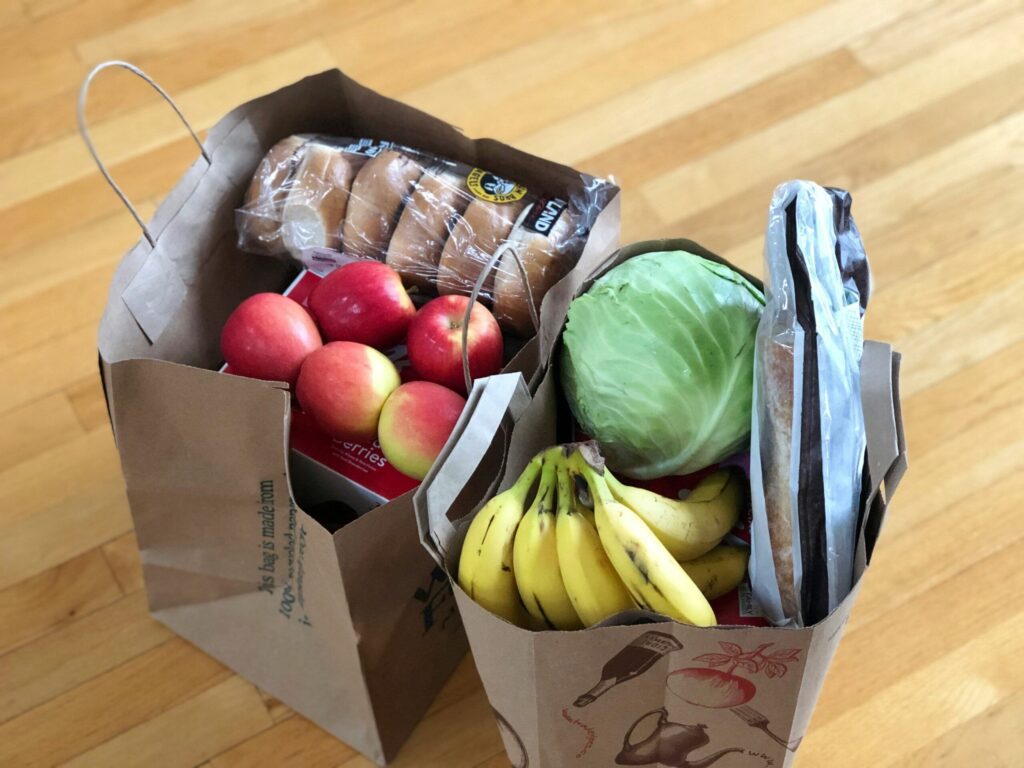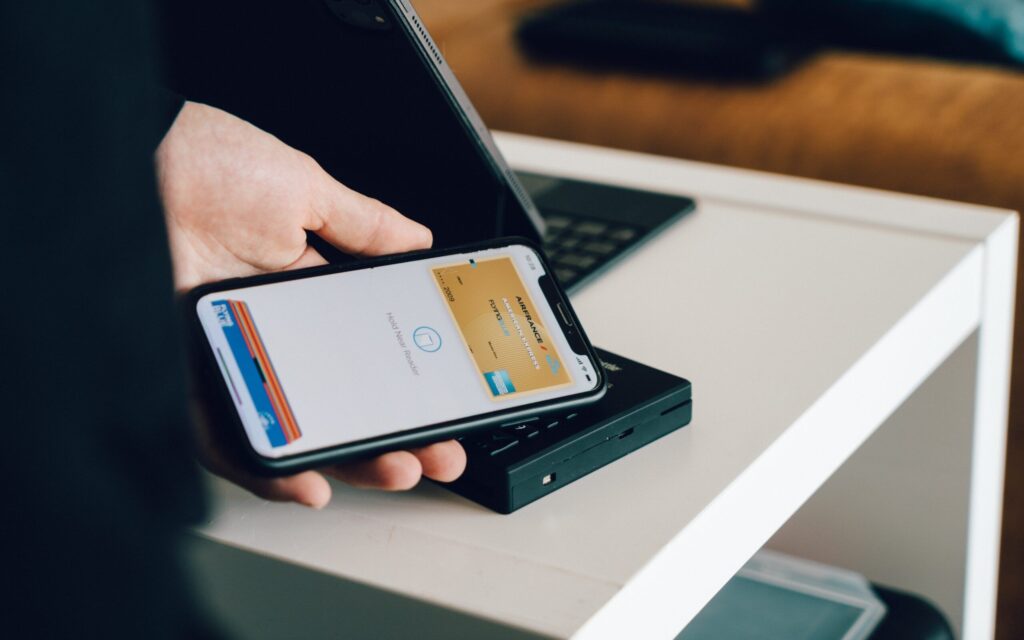Many Canadians worry about major life costs – mortgages, car loans, or tuition – but there’s another, quieter source of financial stress that often gets overlooked: everyday spending. From coffee runs to delivery apps, impulse buys to digital subscriptions, it’s often the small, daily expenses that silently pile up and strain your mental and financial health. In this article, we explore the problems associated with everyday spending, as well as how best to combat it and reduce any debts you may have accumulated.
Why everyday spending feels “normal” (but isn’t always sustainable)
In today’s convenience-driven world, tapping your card or phone for small purchases feels effortless. But over time, this behaviour can:
- Drain your bank account faster than you realize
- Mask deeper financial issues (like relying on credit for essentials)
- Create anxiety around money without any single large purchase to blame
A 2023 FP Canada report found that 38% of Canadians experience daily money stress, often triggered by routine expenses like groceries, gas, and bills. The rising cost of living has made even basic purchases a source of emotional strain. Our own study on Debt Load and the Impact to Psychological Wellbeing also revealed a startling reality:
- 50% of respondents reported difficulty sleeping
- 44% experienced changes in eating habits, like overeating or undereating
- 30% withdrew from social interactions, isolating themselves from loved ones
- 97% were unaware of available mental health resources tailored to their financial stress
The hidden signs of stress from everyday spending
If you’re feeling financial pressure but can’t pinpoint why, everyday spending could be the culprit. Watch for these signs:
- You avoid checking your bank account
- You’re relying on credit for groceries or essentials
- You feel guilt or regret after small purchases
- Your paycheque disappears within days
- You can’t explain where your money went
Sound familiar? You’re not alone.
Success stories: Vanessa’s wake-up call
Vanessa, a 29-year-old marketing coordinator living in Toronto, never considered herself bad with money. Her rent was paid on time, and she didn’t have any major loans hanging over her – but she was constantly broke before payday.
Curious and frustrated, she used Spergel’s free Spending Tracker to get to the bottom of it. That’s when the truth hit: she was spending over $900/month on takeout, subscriptions, rideshares, and daily splurges. These weren’t emergencies – just habits.
“It wasn’t one big problem – it was dozens of small ones. I didn’t even feel like I was overspending until I saw it all added up.”
Worse, her spending was quietly fuelling a $6,800 credit card balance that kept growing. The interest alone was swallowing $150–200/month, leaving her with no breathing room.
Vanessa reached out to Spergel for help. A Licensed Insolvency Trustee walked her through her options and helped her create a custom debt relief plan that fit her lifestyle. As the only professionals in Canada legally able to file all forms of debt relief, they’re a great first port of call for any debt troubles. Together, they:
- Reduced her debt by 80% by filing a consumer proposal
- Consolidated her credit card debt into a manageable monthly payment
- Eliminated mounting interest charges
- Built a realistic, sustainable budget using our Budget Template
- Helped her switch to cash and debit for everyday spending
Six months later, her credit card debt was under control, she’d cancelled over $120/month in unused subscriptions, and she finally had savings for emergencies – not just stress.
“I’m no longer scared to check my bank account. I feel in control again.”
What makes everyday spending so stressful?
Unlike big-ticket items that come with planning, everyday spending is spontaneous. It’s often emotional, triggered by:
- Stress and burnout (e.g., buying convenience meals)
- FOMO or social pressure (e.g., attending every event or outing)
- Digital marketing and one-click purchases
- Inflation making essentials like groceries feel like luxury items
The worst part? You might not notice the damage until it snowballs into overdrafts, credit card debt, or anxiety.
5 steps to reduce the stress of everyday spending
If everyday spending is quietly draining your finances and peace of mind, you’re not alone – but you’re also not powerless. With a few small changes, you can reduce financial stress, feel more in control, and start making your money work for you. Here are five simple steps to help you get started.
1. Track everything for one week
Use our Spending Tracker spreadsheet, or even pen and paper. You’ll likely be shocked at how much goes toward small, unplanned purchases.
2. Create an “everyday spending” budget
Don’t just budget for rent and bills. Allocate a set amount each week for things like snacks, takeout, or entertainment – then stick to it. Try using our Budget Template to help you get on track.
3. Switch to debit or prepaid cards
Using cash, debit, or a prepaid Visa for non-essentials can help curb overspending by making your limits visible.
4. Cancel what you don’t use
Review subscriptions and memberships every 2–3 months. Are you still using that streaming service, meal kit, or gym?
5. Speak to a financial professional
If you’re using credit to cover everyday costs, it might be time to talk to a Licensed Insolvency Trustee. They can help you understand your financial picture, reduce your debt, and plan for a less stressful future.
How Spergel helps Canadians break the cycle
At Spergel, we understand that everyday spending stress is real – and often invisible. It’s not about shame or blame. It’s about clarity, support, and creating a realistic financial plan. Whether you’re dealing with credit card debt, living paycheque to paycheque, or simply unsure how to get ahead, we’re here to help – with compassion and expertise.
If your everyday spending is creating hidden stress, don’t wait for it to escalate. Book a free consultation with a Spergel Licensed Insolvency Trustee. We’ll listen, assess your situation, and help you feel in control again.
What to read next
- Spending tracker: track your expenses easily with our free template
- Groceries budget tracker: take control of your grocery spending with our free template
- Holiday spending money guide
- What NOT to do before filing bankruptcy or a consumer proposal
- How rent increases are impacting Canadian households – and what you can do about it



















